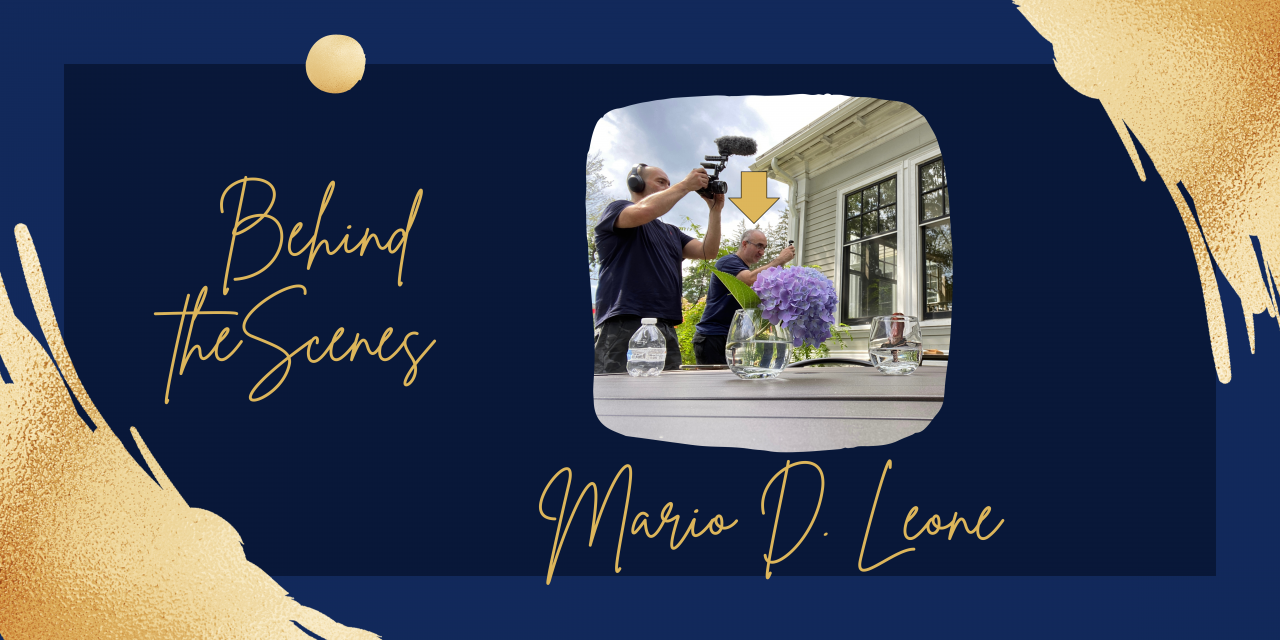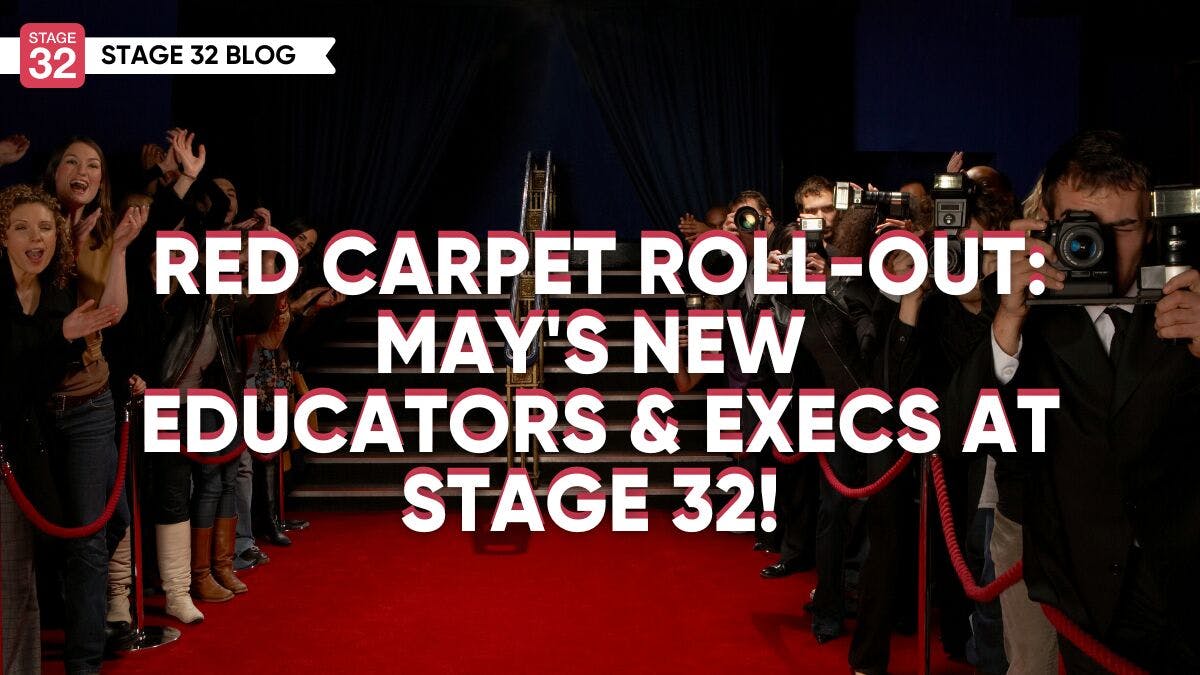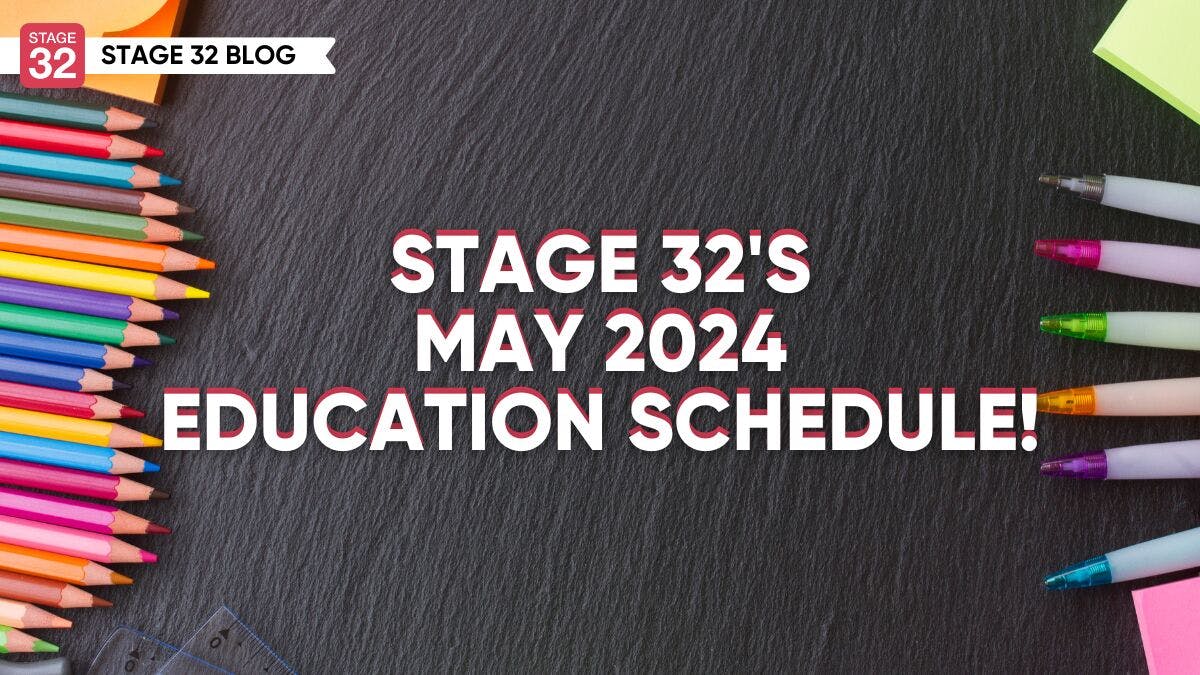Time To Breakout Of Creative Blocks

Writer's block, the worst enemy of my creative mind, has been the talk of much contemplation and study in the realm of writing and psychology. The Breakout Principle, a concept that I use as a shift into mental focus to overcome obstacles, has emerged as a potential antidote to the paralyzing effects of writer's block. This method has served me well.
At its center, writer's block is a psychological barrier and is internal, not external. It impedes the creative flow of ideas and words. It often shows up as a screenwriter stares at a blank page, the cursor blinking mockingly almost laughing at me. This is when we are pushing a wall mentally. What is the key? It is to stop pushing. The mental approach in the way you are looking at the writing needs to shift. You can ask new questions, but sometimes you still feel stuck.

#1 Stuck Is Just A Feeling
Feel stuck? Stuck is just a feeling and feelings come and go like guests at a hotel. They only stay for as long as you hold on to them.
The very important part of putting pen to paper or your hands to keys becomes a rough task as if the well of our creativity has run dry. We are in the writer’s desert looking for the oasis of creativity!
This mental phenomenon has plagued writers throughout writing history, from great literary minds to aspiring wordsmiths wrestling with the blank page of a new Final Draft document.

#2 Dr. Benson’s Research As It Relates To Writing
The Breakout Principle, introduced by Dr. Herbert Benson, an absolute pioneer in mind-body medicine, proposes a shift in mental and physiological states to overcome mental blocks.
Benson's research expresses that moments of breakthrough or insight often occur when an individual shifts their focus from one problem to another activity or thought, allowing the subconscious mind to work on the issue in the background. This mental shift, according to Benson, can lead to a breakthrough or a creative "aha" moment. When that good old light bulb appears above your head.

#3 It Is All Psychological At The End Of The Day
Several studies have further delved into the depths of writer's block and the effectiveness of the Breakout Principle in overcoming creative hurdles. One factual study, conducted by psychologist Dr. Teresa M. Amabile, explored the psychological factors influencing creativity and, by extension, the occurrence of writer's block.
Amabile's deep research expressed the role of intrinsic motivation and the external environment in fostering creativity. What did she find? She found that individuals are most creative when they are intrinsically motivated, enjoying the process of the work itself rather than focusing solely on external rewards.
This is why I listen to music while I write, but never songs with lyrics as I don’t want any external words polluting my thought process with distraction. The harmony of the music is enough. I get into the emotional aspect of the music. One day I listened to the Predator film soundtrack from the original film with Arnold Schwarzenegger on a loop while I working to complete 40 pages of a screenplay.
This intrinsic motivation creates an environment conducive to creativity, reducing the likelihood of encountering writer's block.
Furthermore, Amabile figured out that external factors, such as time pressure and evaluative judgment, as potential contributors to writer's block. When writers feel pressured by deadlines or fear harsh critique, the stress can stifle creative thinking.
The Breakout Principle, with its emphasis on shifting focus, aligns with Amabile's findings by offering a new method to redirect our attention away from annoying external pressures, allowing the mind to explore alternative points of view and generate fresh ideas.
In a separate study conducted by the University of California, Santa Barbara, researchers explored the impact of relaxation techniques on creativity and problem-solving.
The study found that individuals who engaged in relaxation techniques, such as meditation or deep breathing, and even focused needlepoint experienced enhanced creativity compared to those who did not engage in such practices.

#4 The Hard Findings That Explain It All
These findings support the Breakout Principle's emphasis on shifting mental mind states to overcome obstacles and promote creative thinking.
Some neuroscientific studies have delved into the brain's activity during creative processes and potential roadblocks. Functional magnetic resonance imaging (fMRI) studies have shown that certain brain regions associated with self-censorship and self-inhibition become more active during writer's block. Self-inhibition… We stifle our own creativity.
The Breakout Principle, with its emphasis on shifting mental focus, aligns with these findings by suggesting that redirecting attention away from inhibitory thought patterns can pave the way for creative breakthroughs and eureka moments.
While the studies on writer's block and the Breakout Principle provide valuable insights, it's essential to acknowledge the subjective and multifaceted nature of the creative process. Each writer's experience with writer's block is unique, influenced by individual personality, external factors, and the nature of the creative task at hand.

#5 What It Can Do For You
In easy terms, applying the Breakout Principle to overcome writer's block involves recognizing the mental frustration, consciously shifting mental focus to a different activity or thought, and allowing the subconscious mind to work on the creative challenge.
This shift in perspective may involve engaging in physical activities, taking a short break to clear the mind, or exploring unrelated creative pursuits. The key as a writer is to have the discipline to come back, sit down, and buckle down to the writing when it’s time. This is a matter of using your personal energy wisely. Reserving it for a better time…

#6 How It Serves Us As We Serve The Story
The Breakout Principle serves as a reminder that creativity is a dynamic and fluid process, influenced by both internal and external factors. By understanding the personal or psychological barriers of writer's block and embracing methods to shift our mental focus, writers can navigate the ebb and flow of creativity, breaking through barriers and tapping into the wellspring of their imaginative potential.
One popular screenwriter who faced a well-documented period of writer's block is William Goldman. William is a two-time Academy Award-winning writer known for his work on iconic films such as "Butch Cassidy and the Sundance Kid" and "The Princess Bride."
Despite his success, Goldman openly discussed his struggles with writer's block in his memoir, "Adventures in the Screen Trade.”
Let's hear your thoughts in the comments below!
Got an idea for a post? Or have you collaborated with Stage 32 members to create a project? We'd love to hear about it. Email Emily at blog@stage32.com and let's get your post published!
Please help support your fellow Stage 32ers by sharing this on social. Check out the social media buttons at the top to share on Instagram @stage32 , Twitter @stage32 , Facebook @stage32 , and LinkedIn @stage-32 .
About the Author

Mario Leone
Choreographer, Cinematographer
As aspiring Fight Choreographer, I, Mario Leone, had the invaluable opportunity to undergo meticulous training under the tutelage of the esteemed fight choreographer, Philipe Deseck. Renowned for his work on iconic films such as Mortal Kombat and Aquaman, Mr. Deseck guided me through a comprehensive...




